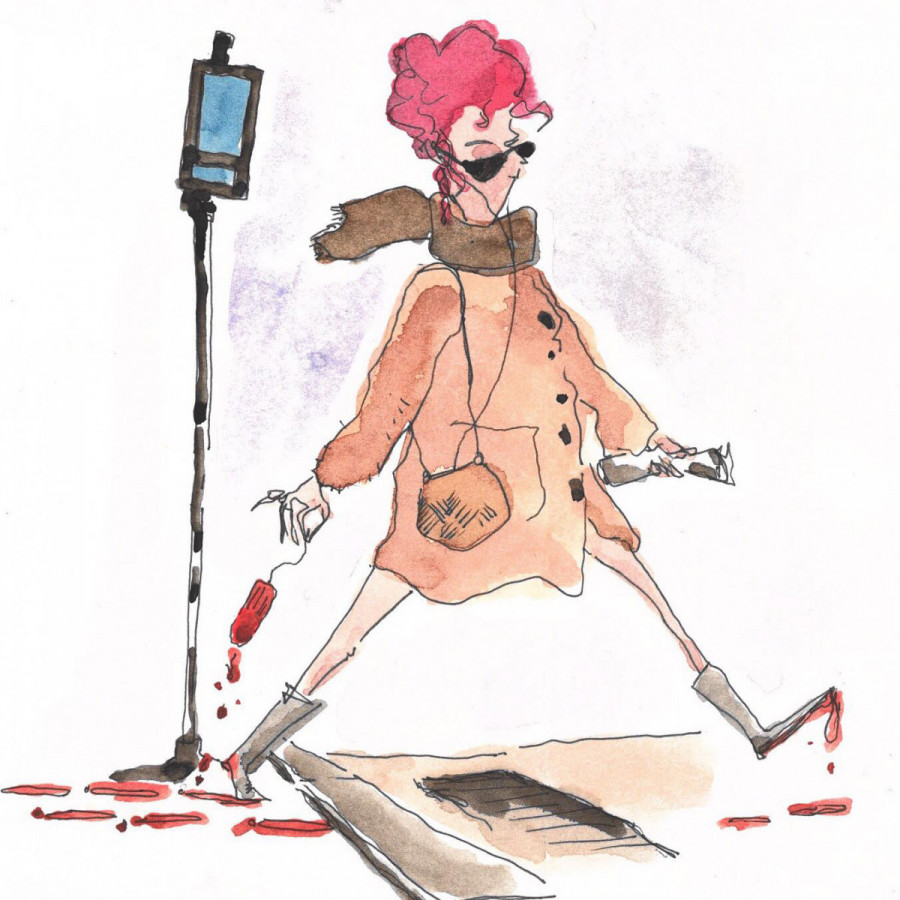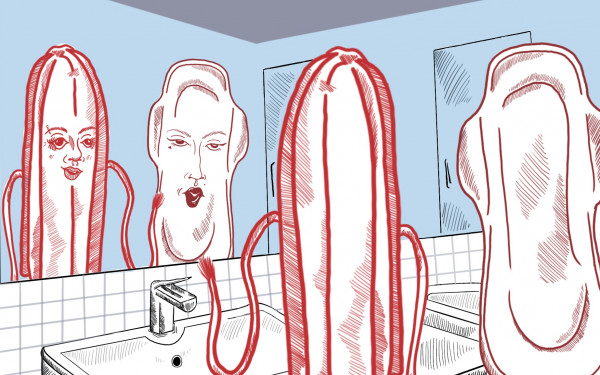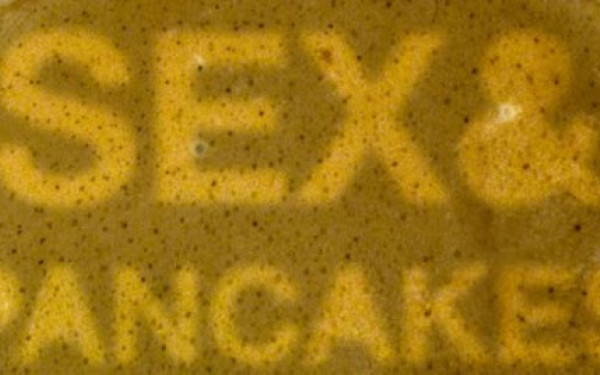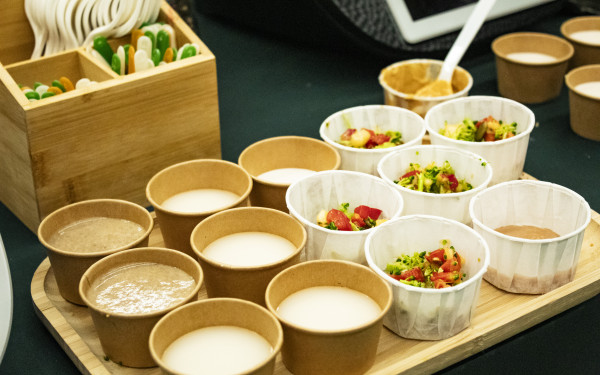Sex Ed(itorial): Pads and Tampons Are Trash
Sustainable Menstrual Products Could Keep Millions of Pounds of Trash Out of Landfills
As a society, we have an addiction to stuff.
We no longer buy things based on their quality. Instead, we just focus on how quick and easy the product’s use and access are. This need for new and simple has infiltrated all aspects of our lives.
We are moving meals from on the table to “on the go,” changing our tags from “Made in Canada” to “Made in Sweatshops,” and trading our open fields for landfills. Everything has to go, go, go. Our periods have become part of this cycle as well.
When it comes to periods, the main focus for most menstruating individuals is finding a way to deal with them as quickly and discreetly as possible—with little regard to the potential impact on the environment.
Large companies like Kimberly-Clark, which owns the Kotex brand, are capitalizing off of menstruation and reaping real profits as a result.
Every month, I would get anxious about that time of the month.
The stress started first thing in the morning when choosing what to wear and would continue with excessively checking for leaks throughout the day and sleeping in certain positions—hoping the pad would work overnight.
I was also under the impression I was bleeding considerably more than I was, so I changed my tampon more often than necessary—just to be safe.
Since using a DivaCup, a brand of menstrual cup, I’ve come to realize the products I was using were just not absorbing as they promised.
Companies, per the insert in their tampon packages, have made women like me believe that we bleed more than we actually do.
Cautiously, we use more product by changing our tampons more often—for fear of falling ill.
This deprived many of us of knowledge about our own bodies, leading us to trust companies whose products are made to profit them, not to benefit us.
Imagine blindly trusting Philip Morris to tell us about how smoking affects our bodies.
Why are we allowing Kimberly-Clark to inform us about our periods? The company can tell us what it wants, to increase its profit.
How absorbent is super absorbent?
Alyssa Gauthier, a McGill University student, found it hard to invest in a product that she didn’t know would work, which is something that I have also experienced.
We often find ourselves stuck in our routine behaviours and purchases, especially when society has created a narrative that we are pressured to go along with.
“It was really hard to get out of the mindset that the only things out there are tampons and pads,” said Gauthier.
Who could blame her when most pharmacies carry very few sustainable options, yet typically have a complete row dedicated solely to pads and tampons?
We are made to believe that the only choices we have are whether our pads have wings or what size tampon we want.
The products that we use for our periods are not a luxury, they’re a necessity—large companies just capitalize on our basic needs.
We live in a time where we are taking back control—of our bodies, our sexual freedom, and the way we are perceived in society.
Rather than allowing hyper-consumerism to infiltrate yet another sphere of our bodies and lives, we should fight back against the culture dominating our periods.
Certain sanitary products, such as tampons, risk the lives of their users through toxic shock syndrome, and the garbage they create endangers our environment on top of that.
According to Change to Green, a company that produces organic cotton bags and tampons, more than 45 billion tampons and pads are consumed globally every year.
The result of this is millions of pounds of waste that takes hundreds of years to decompose.
When it comes to reusable menstrual products such as the menstrual cup, Rachel Desveaux, a student at Dawson College, feels that the “removal process [of the menstrual cup] is very invasive and unhygienic,” yet others, like Carleton University student Dina Morales say that it’s the best $20 they’ve spent.
If menstrual cups aren’t your cup of tea, there are also other options, such as reusable pads, reusable tampon applicators, menstrual discs, or the Ziggy Cup (which can be used during sex!).
The products that we use for our periods are not a luxury, they’re a necessity—large companies just capitalize on our basic needs.
Be they fast food companies providing us with “food,” or female hygiene companies providing us with a so-called solution for our periods, what they provide is a false sense of satisfaction and comfort.
Rather than contributing to consumerist cycles, there are many options out there for us to explore before letting Kimberly-Clark wreck the environment by selling us an easy solution.






